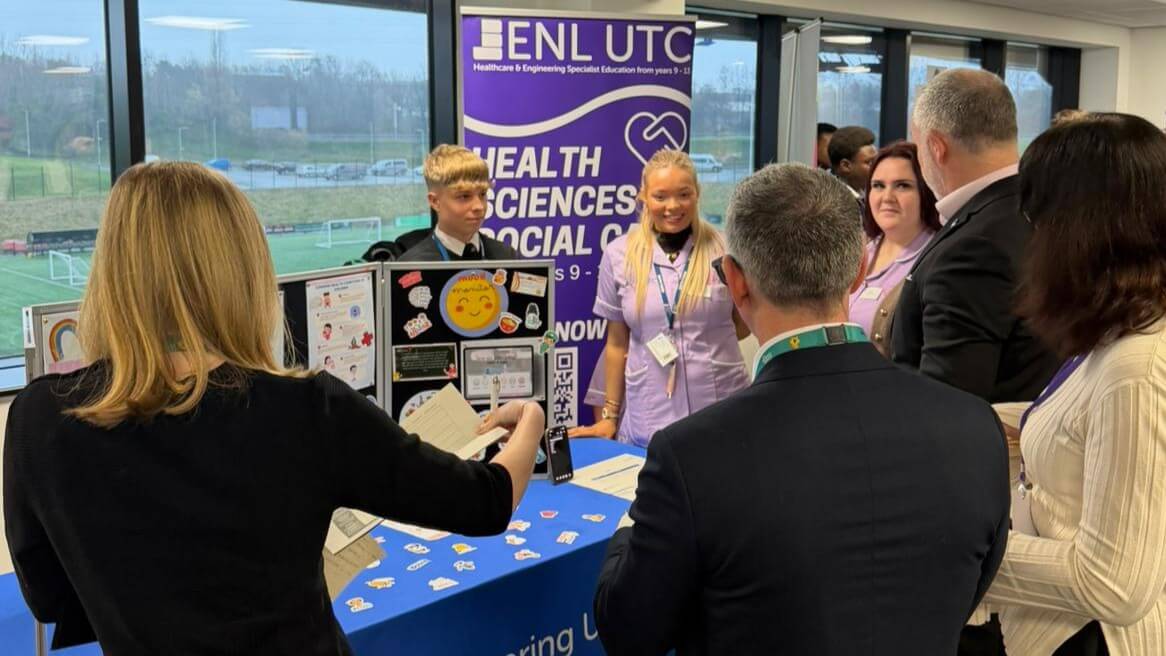The Education Policy Institute has today (12 November) published a report, Youth degree apprenticeships — An alternative to university?, which shows degree apprenticeships have become less accessible to disadvantaged young people than Russell Group universities.
The Baker Dearing Educational Trust has issued the following response from our CEO Kate Ambrosi.
“The EPI’s report is concerning, as degree apprenticeships should be an opportunity open to all.
“Ministers are aware of this challenge and should be applauded for setting an ambitious target for two-thirds of young people to be participating in higher-level learning by age 25. To achieve this, government should increase the incentives for employers who take on young apprentices.
“Employers, for their part, should seriously consider how young, passionate talent from a diversity of backgrounds could revolutionise their practices and improve growth potential.
“The end of EBacc and reform of Progress 8 should lead to employers taking a more active role in local education — providing mock interviews and industry-aligned projects for students. These help acclimatise students to work and gives them crucial experience to present when applying for apprenticeships at any level.
“This sort of activity is exactly what is provided by our network of 44 University Technical Colleges. A fifth of year 13 UTC leavers progress to apprenticeships and three-fifths of these apprenticeships are at degree-level.
“More young people could benefit from a UTC education if the government green-lights two new UTCs that were approved by the last government. Also, if it pilots our UTC Sleeve initiative, which would deliver employer-guided learning and greater apprenticeship progression within mainstream schools.
“Nearly two-fifths of UTC year 13 students told us last year they wanted to progress onto an apprenticeship. Young people are ambitious and it is up to us – educators, employers, and policymakers – to help realise that ambition.”
The full report can be viewed here.




